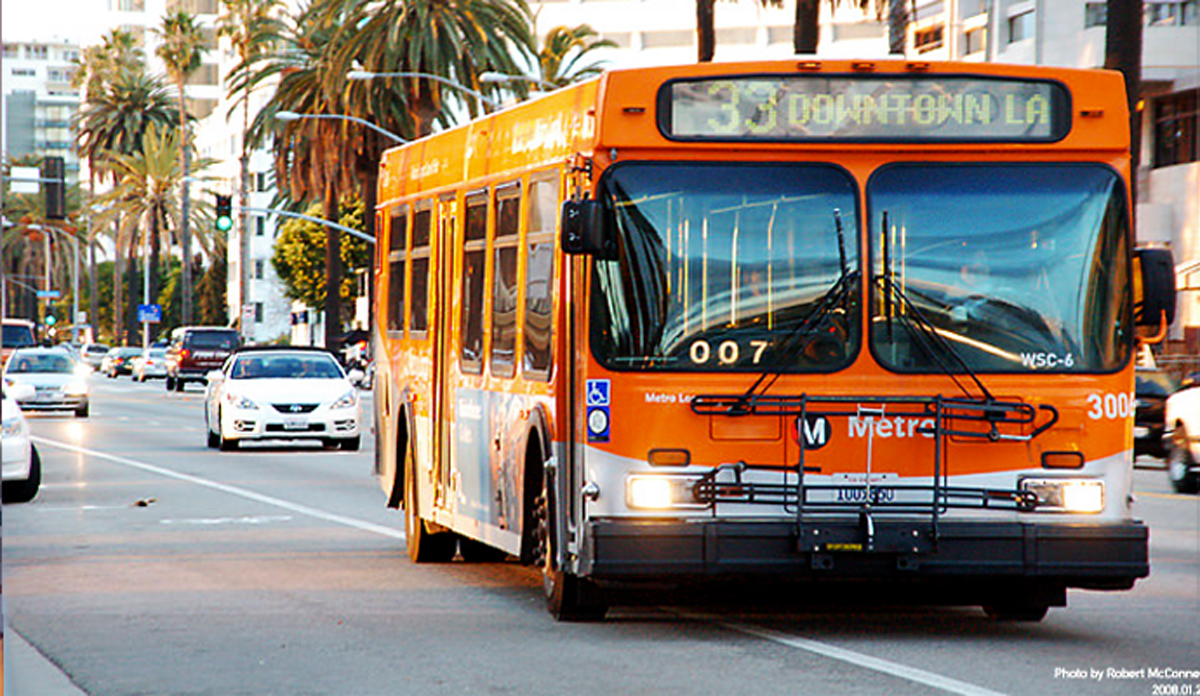The city’s Transit-Oriented Communities program went into effect nearly 10 months ago, and in that time, it has helped put more than 1,000 affordable housing units in the pipeline.
The Department of City Planning released its progress report on Monday, showing that developers have filed to build 1,145 affordable units as part of 112 market-rate developments.
Those affordable units make up 20.5 percent of the 5,571 units proposed through the program, which went into effect on Sept. 22, 2017. The rest are market-rate units. A Real Deal analysis of TOC projects in March found that most developers chose to incorporate the minimum number of affordable units allowed in order to qualify for the program. A handful of projects filed at the time were completely affordable.
The progress report noted that TOC appears to be a popular option for builders looking to incorporate affordable units into their projects. More units were proposed under the TOC program than any other single entitlement program.
TOC was created by the city as part of Measure JJJ, a successful 2016 ballot initiative that required Los Angeles to create a new program to incentivize affordable housing near mass transit.
The program only applies to projects within a half-mile of major transit stops, which include some bus lines and all Metro light-rail lines. It allows more significant bonuses to projects closer to those stops and those that incorporate higher percentages of affordable units.
The TOC program provides builders certain bonuses, including density and height, in exchange for setting aside at least 8 percent of the total rental units in a project as “affordable” under city guidelines.
There’s other benefits, too. The city fast-tracks TOC projects.
Monday’s progress report report says that the average timeframe to review a discretionary TOC case — meaning a project that cannot be built as-right — is three months compared to the seven months it takes to review a regular density bonus case.
The idea behind the program is to help alleviate the city’s affordable housing crisis, and to encourage more people to take public transit, easing congestion in the process. TOC cases have popped up around the city as far south as San Pedro and as far north as the San Fernando Valley.
